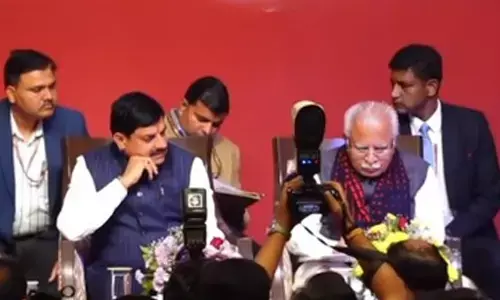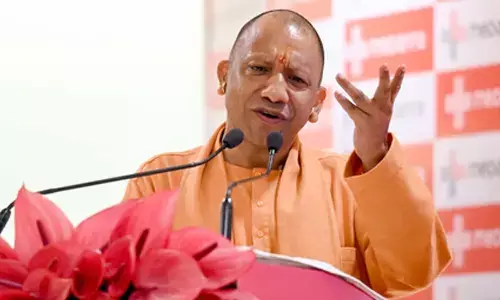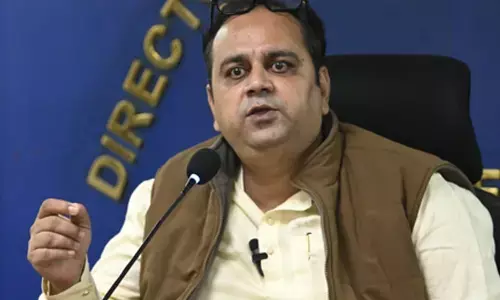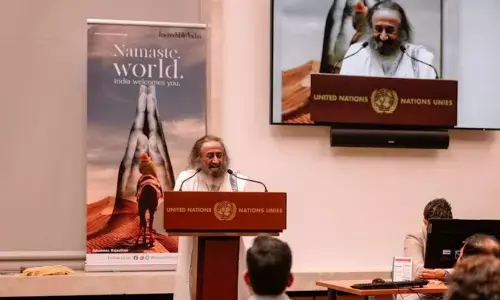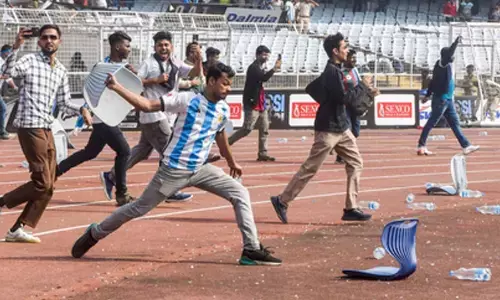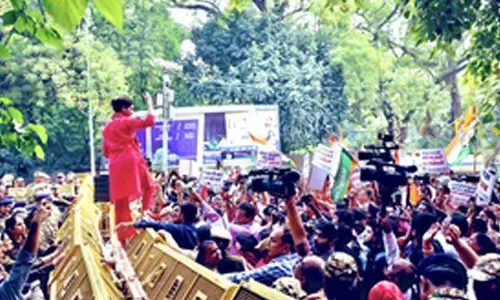AAP Shifts Blame To Haryana for Delhi-NCR Pollution Crisis, Calls For Analysis Of Anti-Pollution Measures
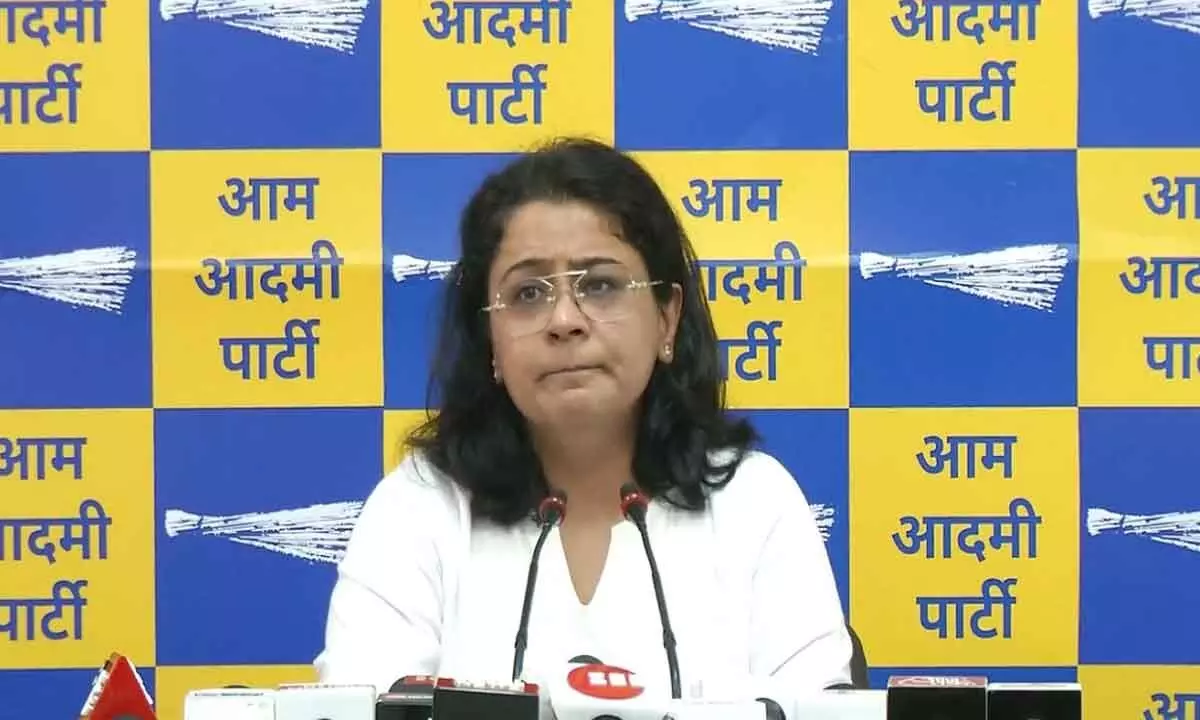
- The Aam Aadmi Party (AAP) points fingers at Haryana for the pollution crisis in Delhi-NCR, emphasizing the state's proximity and demanding an evaluation of the anti-pollution actions taken by the Haryana government.
- The party's claims come amid ongoing 'severe' air quality conditions in Delhi, prompting discussions on regional pollution control efforts.
The Aam Aadmi Party (AAP) has turned its focus on Haryana, attributing the pollution crisis in the Delhi-NCR region to the state's close proximity to the national capital. AAP's national spokesperson, Priyanka Kakkar, has called for a comprehensive examination of the anti-pollution measures implemented by the Manohar Lal Khattar-led government in Haryana since 2014.
Kakkar emphasized the geographical aspect, stating, "The stubble burning in Punjab is about 500 km away from here, and the stubble burning in Haryana is just 100 km away. An analysis should be done on the anti-pollution measures taken by the Khattar government in Haryana since 2014."
Additionally, Kakkar highlighted that Delhi has witnessed a 31% reduction in air pollution. She cited data from the Economic Survey of 2022-23, acknowledging that the central government had recognized the best air quality in Delhi over the past eight years. Moreover, data from the Commission for Air Quality Management (CAQM) showed a substantial reduction of 50-67% in stubble burning in Punjab.
Despite these claims, the overall air quality in the national capital remained in the 'severe' category on Monday. Chief Minister Arvind Kejriwal convened a high-level meeting at the Delhi Secretariat to address the ongoing pollution crisis. The Early Warning System (EWS) for Delhi projected that the Air Quality Index (AQI) in Delhi would continue to remain 'severe' for the next few days.
Furthermore, the Commission for Air Quality Management (CAQM) invoked Stage IV of the Graded Response Action Plan (GRAP) on Sunday, leading to the imposition of additional anti-pollution measures. Under this 8-point action plan, restrictions include a ban on the entry of truck traffic into Delhi, with exceptions for trucks transporting essential goods and services, as well as LNG, CNG, and electric trucks. A ban will also be enforced on the operation of Delhi-registered diesel-operated Medium Goods Vehicles (MGVs) and Heavy Goods Vehicles (HGVs) in Delhi, except for those involved in carrying essential commodities or providing essential services. These measures come as part of a broader effort to combat the alarming levels of air pollution in the region.








